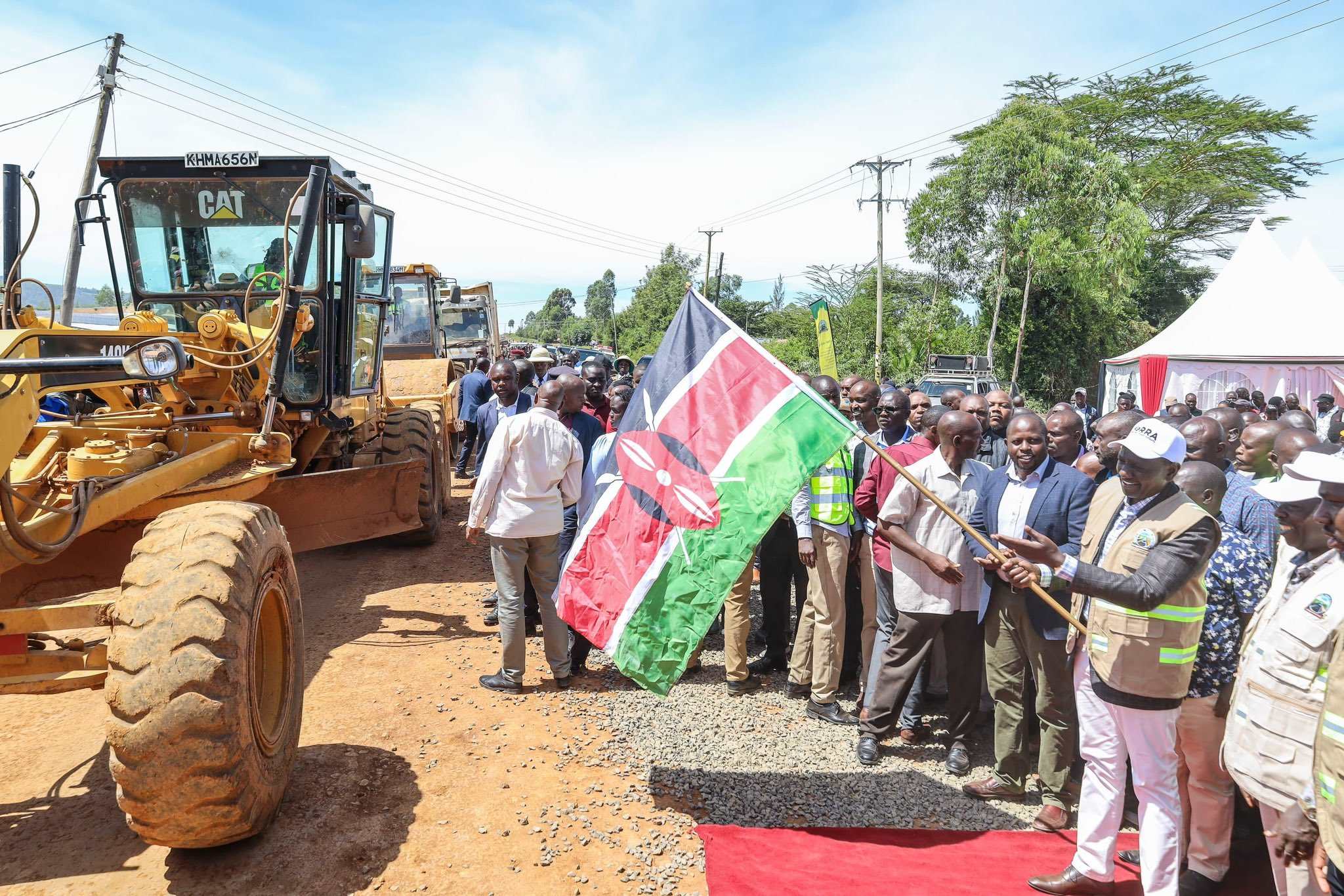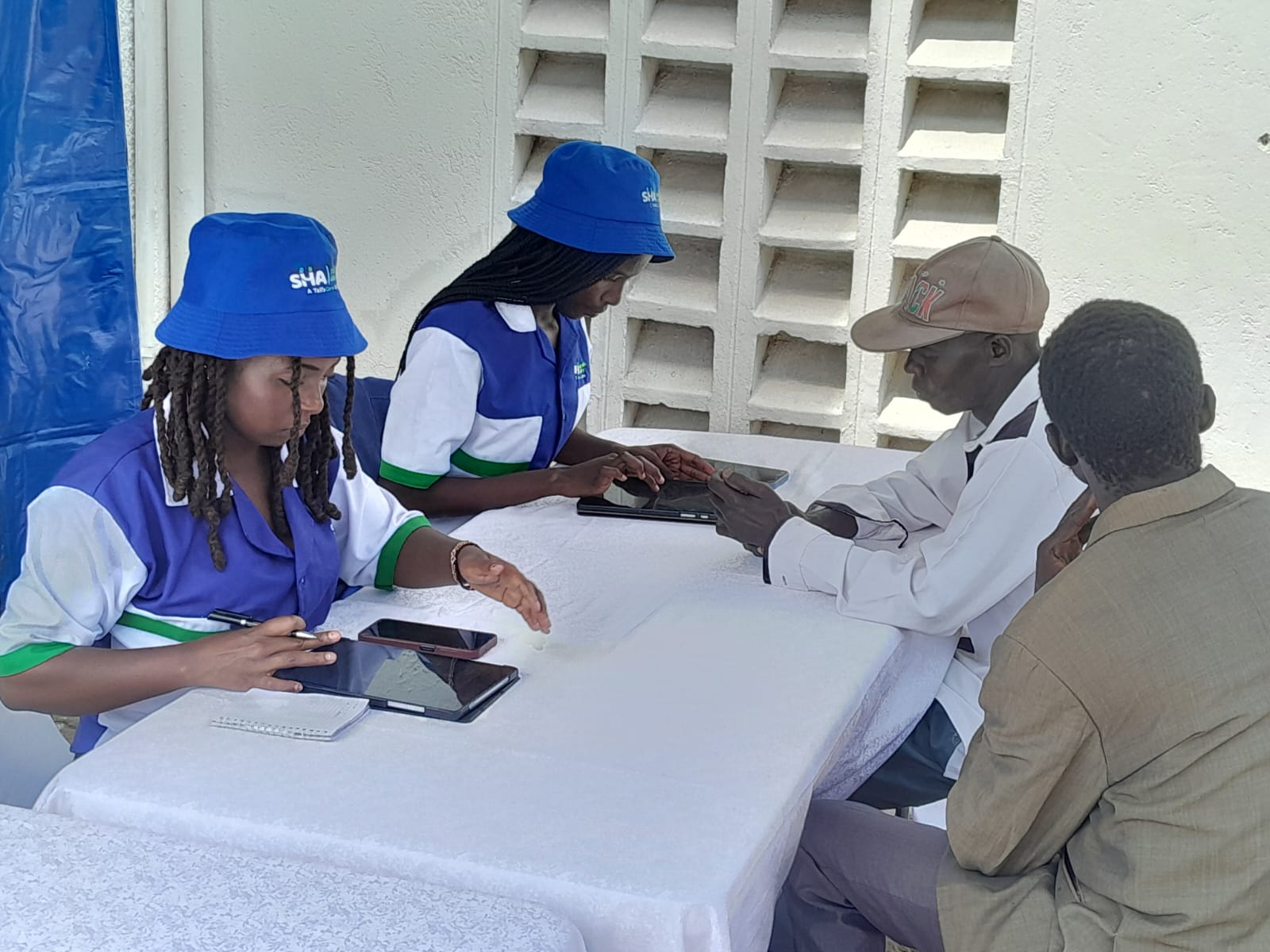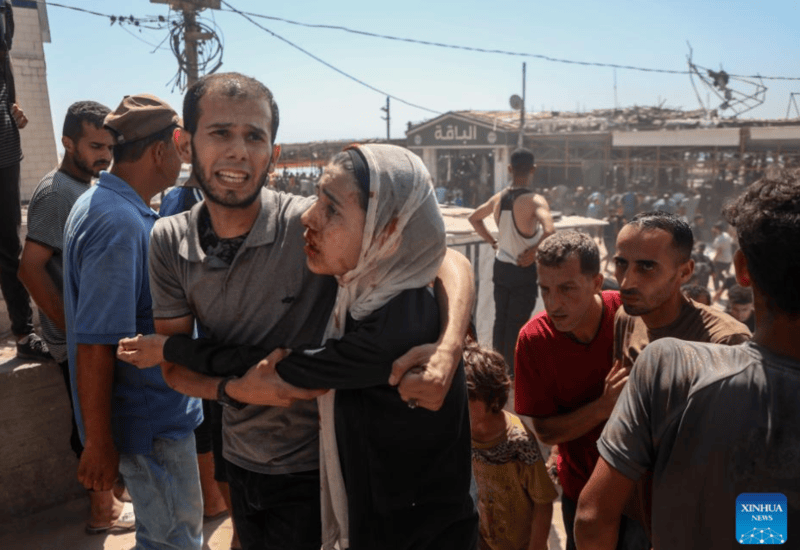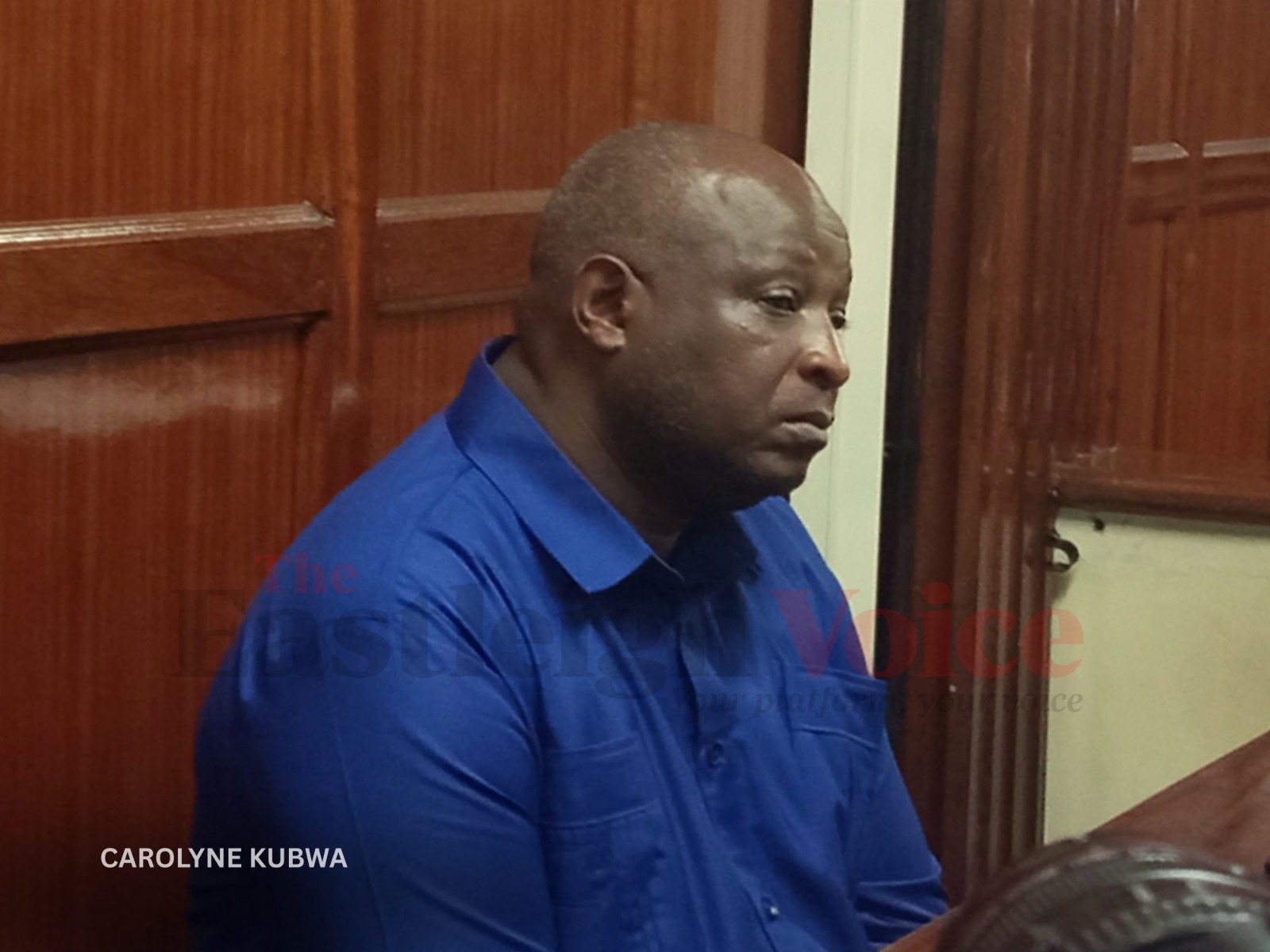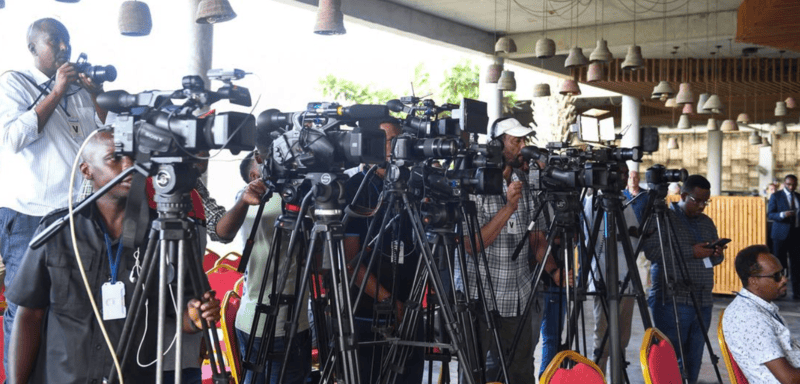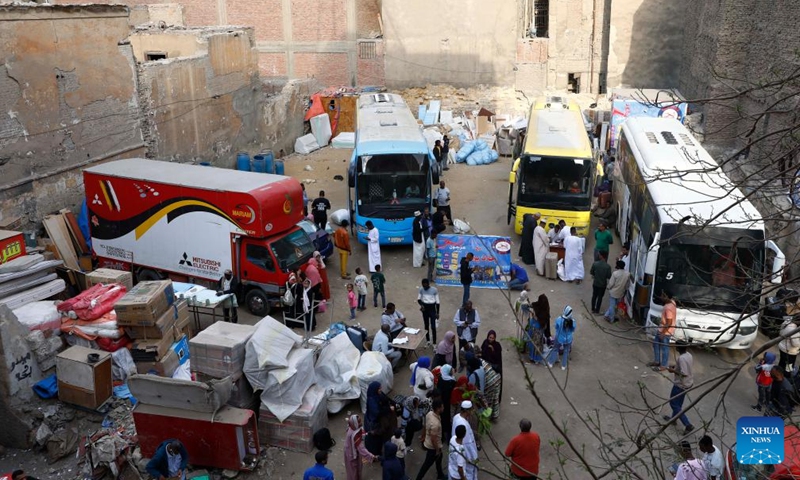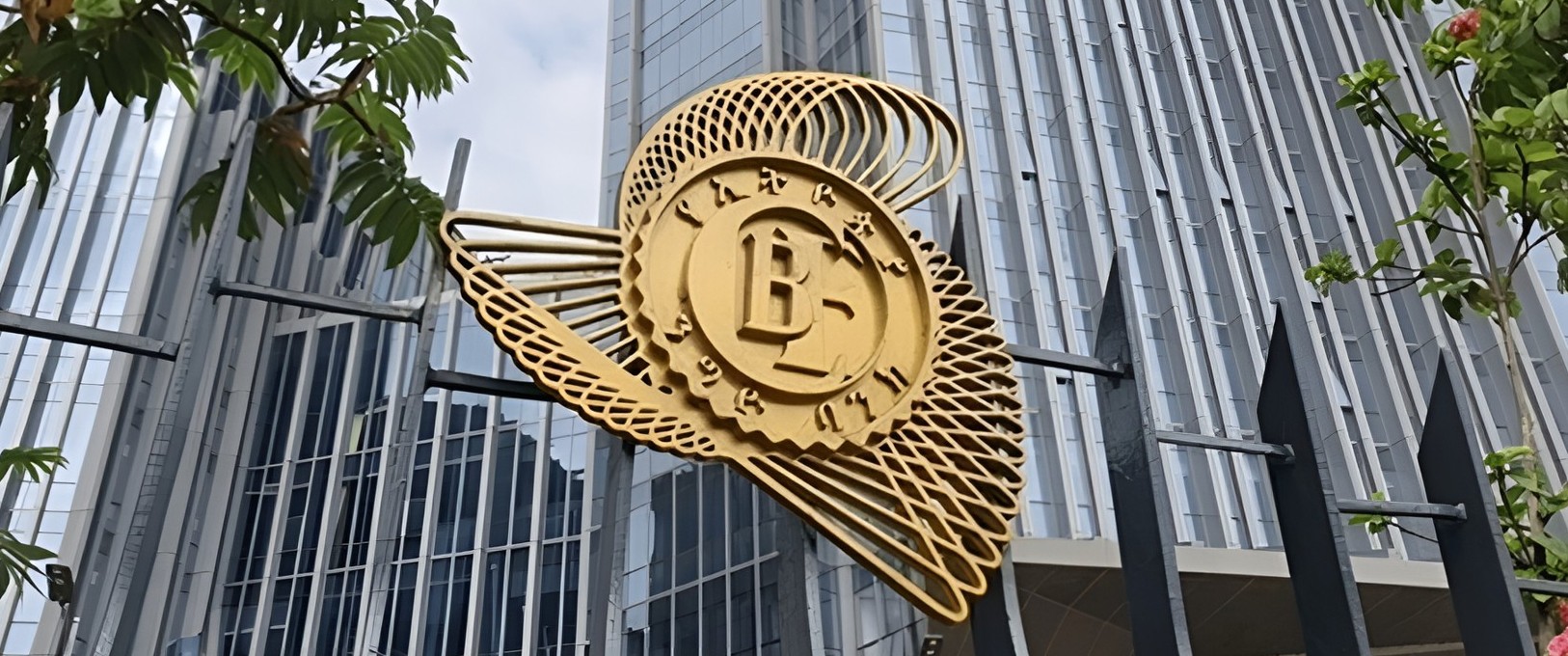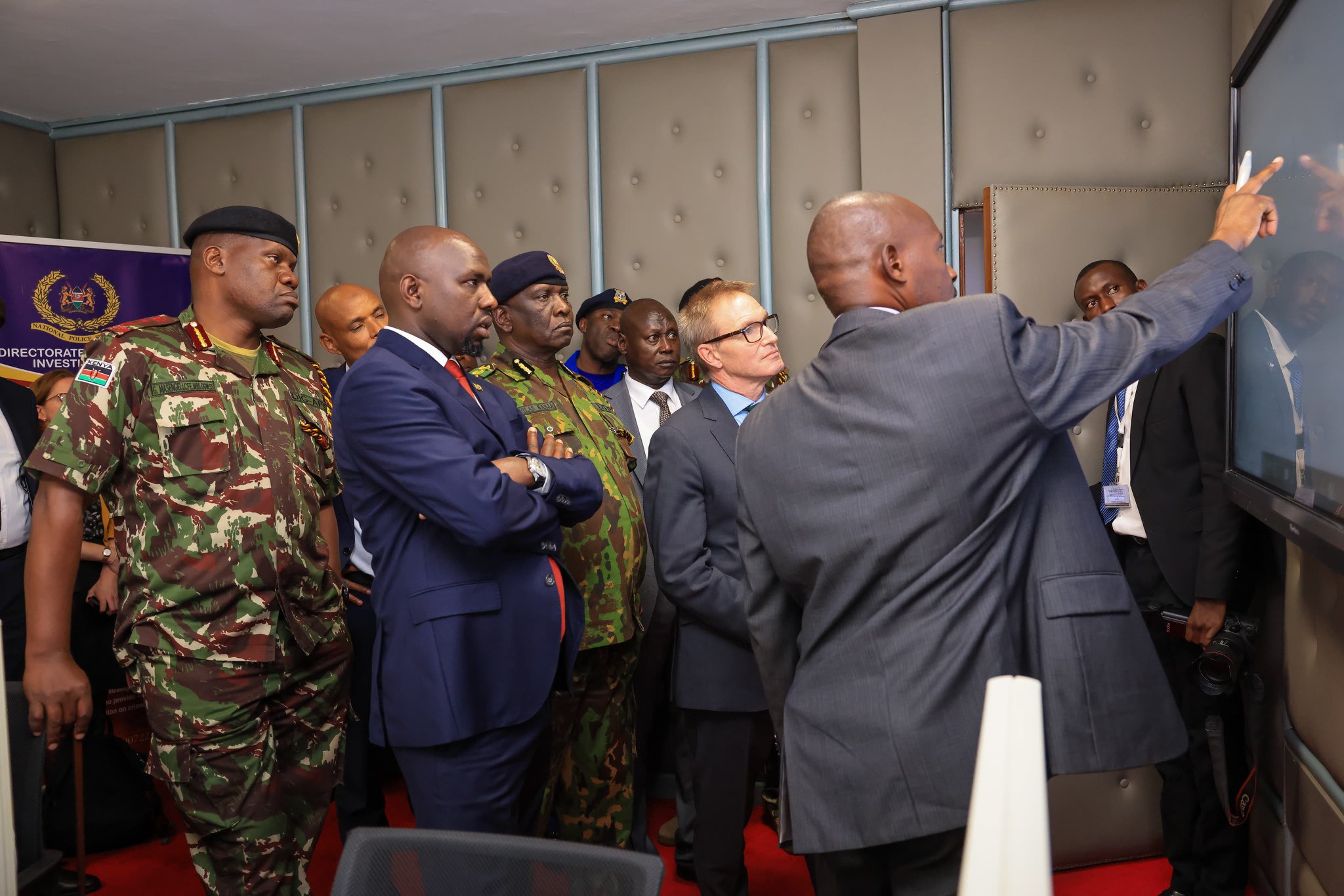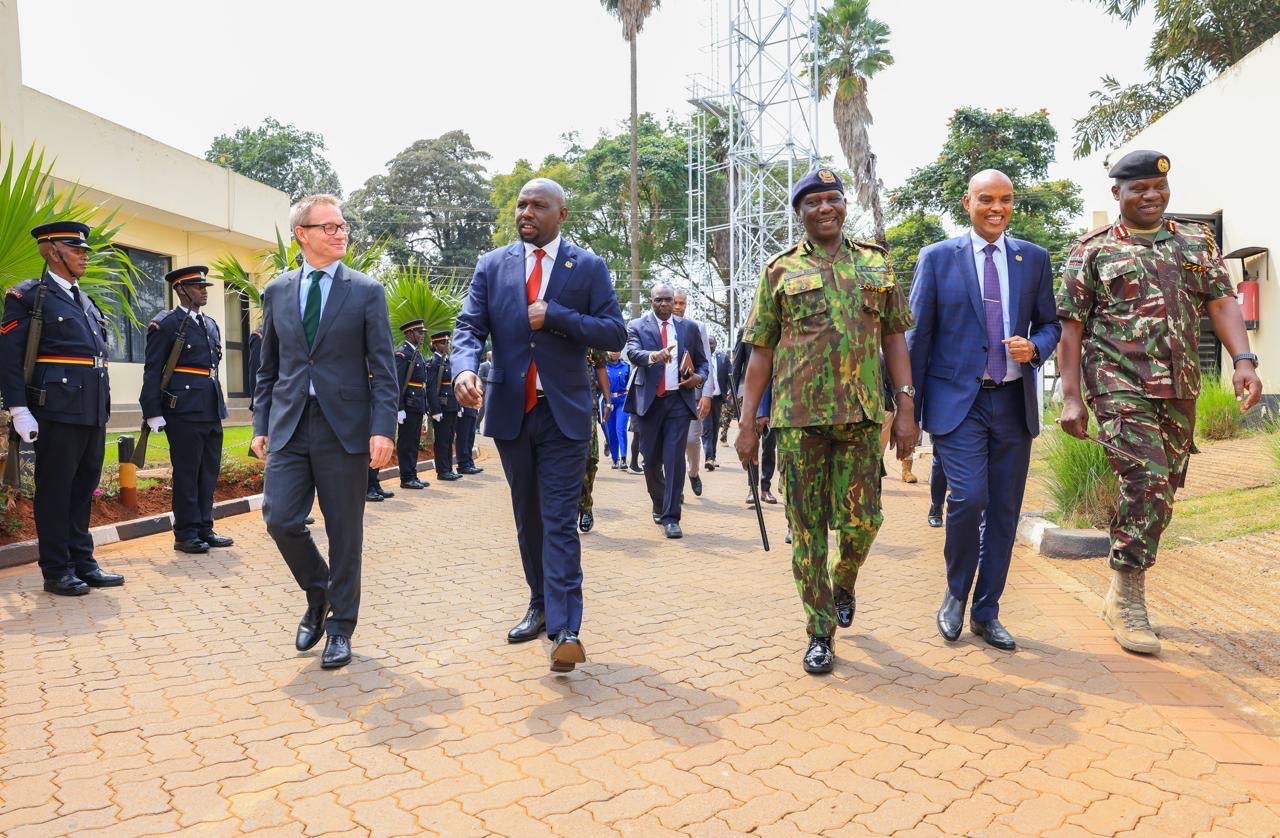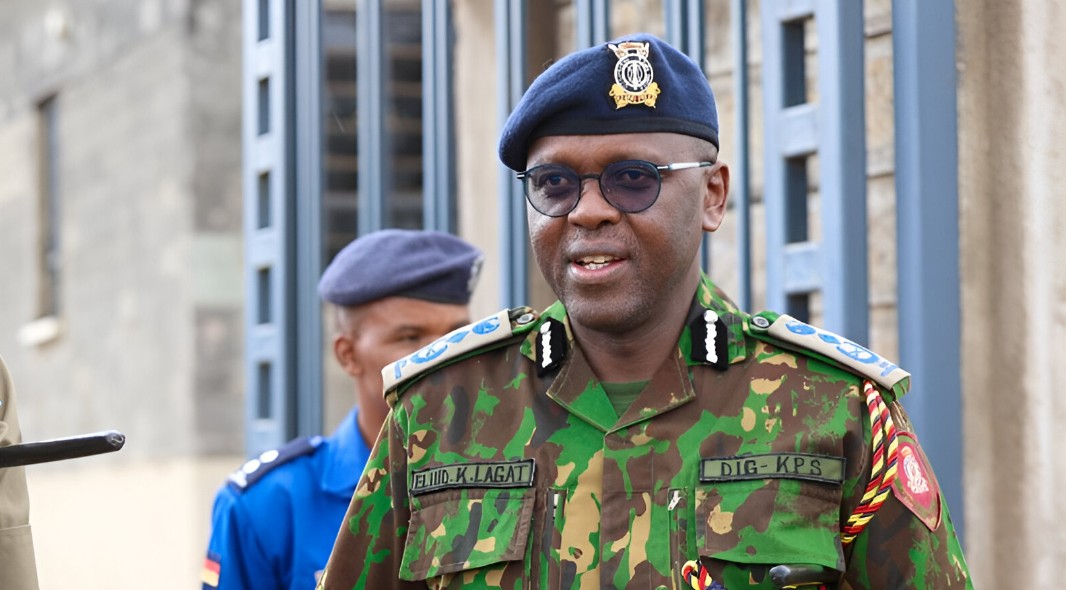Terrorism charges spark outcry as State 'clamps down on dissent'
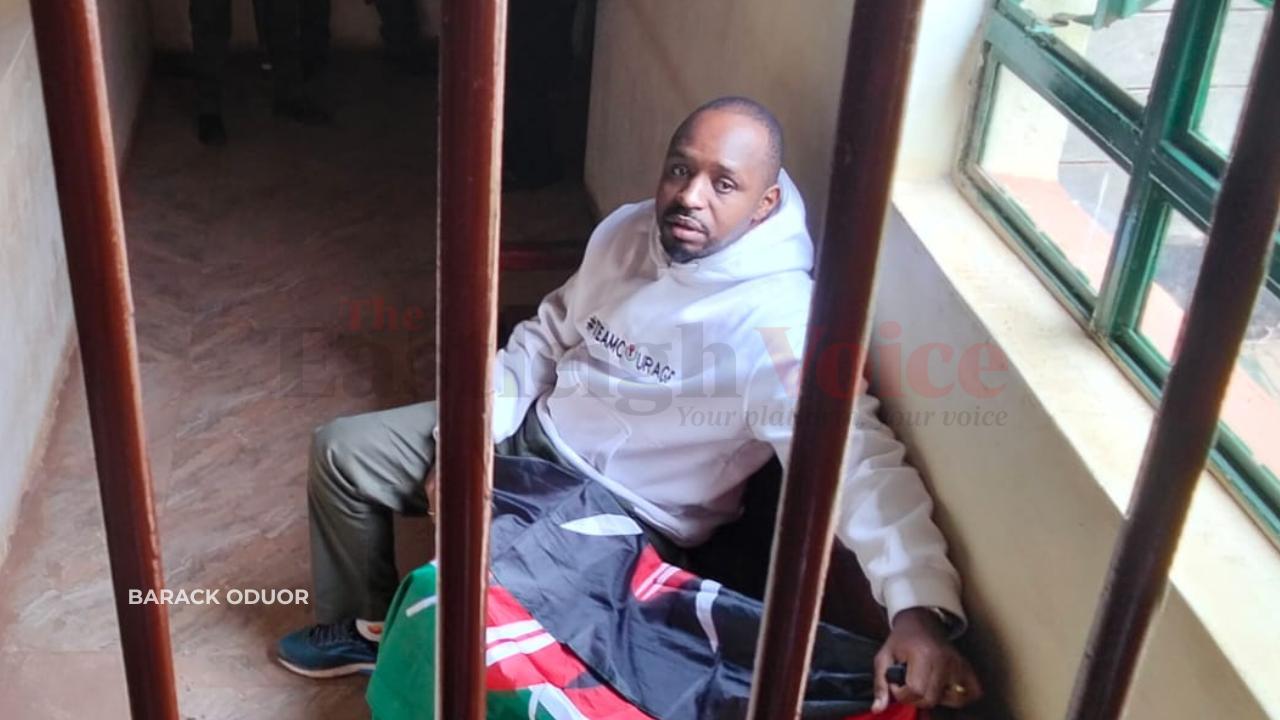
In a bid to stop the protests that have caused deaths, injuries and wanton destruction of properties, the State seems to be growing firm, and is now viewing acts of organising violent protests and torching of government installations as terrorism.
Human rights groups are sounding the alarm over the State's new tactic of preferring terrorism charges against protesters and activists, saying it violates the law and undermines constitutional rights.
According to Vocal Africa Executive Director Hussein Khalid, terrorism charges should be reserved for individuals who pose a serious threat to national security - not for activists protesting against government excesses.
"We cannot sit and watch Kenya begin the practice of preferring terrorism charges to human rights activists just the same way other countries in this region of the continent are doing," said Hussein.
More To Read
- Government defends use of terrorism charges in protest crackdown
- Police bosses, DPP sued over Saba Saba protest arrests
- ODPP defends use of terrorism charges against protesters amid public outcry
- Vocal Africa condemns Ruto’s administration for using terrorism charges to silence Kenyan activists
- Human rights groups decry 'systematic assault' on democracy amid wave of arrests in Kenya
- Boniface Mwangi released on Sh1 million bond after being charged with possession of ammunition without valid firearm certificate
Hussein's position was echoed by Haki Yetu Organisation Executive Director Peter Kiama, who said the Kenya Kwanza government is copying its neighbours, Uganda and Tanzania, notorious for cracking down on dissent with terror-related charges, and is hell-bent on disrespecting the Constitution.
Tanzania's main opposition leader, Tundu Lissu, is in detention over treason and self-representing in court, while in Uganda, Kizza Besigye has been held since November as the State seeks to court-martial the People's Front for Freedom leader for 'plotting to overthrow Yoweri Museveni's government' - a charge he denies.
Speaking to The Eastleigh Voice, Kiama observed that history is replete with examples of what happens when the executive overreaches in its attempts to circumvent the popular will of the people.
"What we are witnessing is a deliberative executive overreach aimed at strangling our constitution and denying it the oxygen we breathed into it in August 2010," said Kiama.
Decrying Lissu's detention, Article 19 East Africa Regional Director Mugambi Kiai said the human rights organisation was deeply concerned by the ongoing crackdown on dissent in Tanzania as the country gears up for the October election.
"The criminalisation of political speech, especially calls for electoral reform, is a threat to democratic governance. Tundu Lissu's arrest following a public rally and his remarks calling for free and fair elections exemplify a broader pattern of repression targeting opposition voices and civic space in Tanzania," said Kiai.
According to Interior Cabinet Secretary Kipchumba Murkomen, the Office of the Director of Public Prosecutions' move is proportionate in a bid to stop the protests that, he said, have caused deaths, injuries and wanton destruction of properties.
CS Murkomen said the torching of government installations, the invasion and burning of police stations and courts, administration units, vehicles, and private businesses, and assault on police officers, among others, is akin to terrorism.
"I want everybody who is challenging us and challenging the DCI and DPP and the criminal justice system to explain to me, if you invade a police station and burn it, steal guns and burn police lines and their houses, and you beat police officer, you burn courts, you ban administration units, you burn vehicles, you burn people's businesses, what is the crime?" he questioned.
The Office of the Director of Public Prosecutions (ODPP) has also defended the move, acknowledging the ongoing national discourse sparked by recent legal actions following the events of June 25, 2025, and July 7, 2025.
The Office said it upholds the vital role of a free press and a vibrant civil society in fostering accountability and strengthening democratic governance.
"However, the charges under the Prevention of Terrorism Act should be understood within the framework of established legal thresholds and national security imperatives rather than interpreted as efforts to suppress legitimate political expression," said the ODPP.
The ODPP said preliminary investigations indicate that attacks on public offices, courts, police stations, and government personnel were not spontaneous demonstrations, but calculated and coordinated acts of violence.
Other Topics To Read
Top Stories Today

